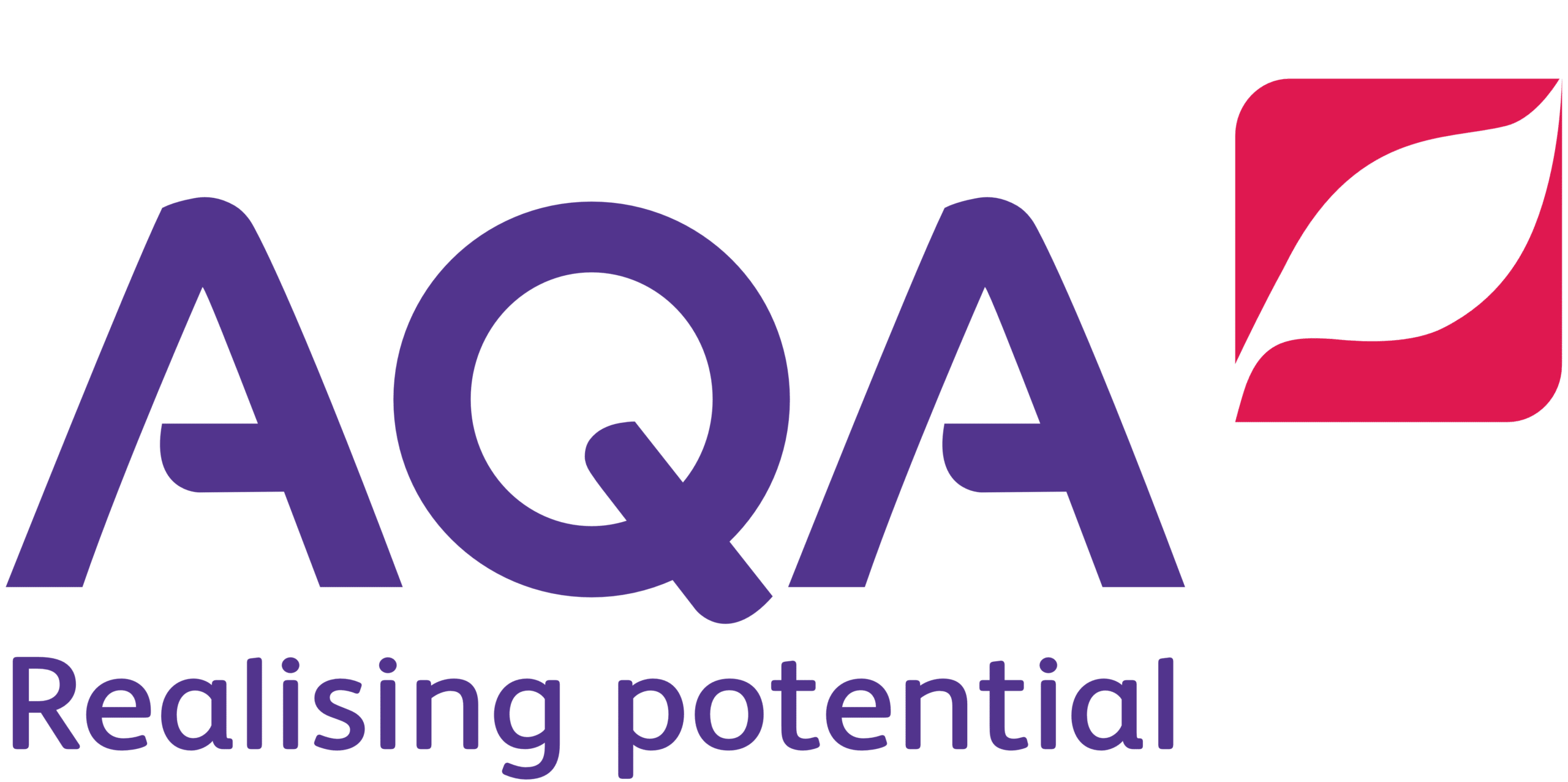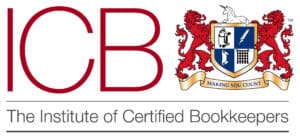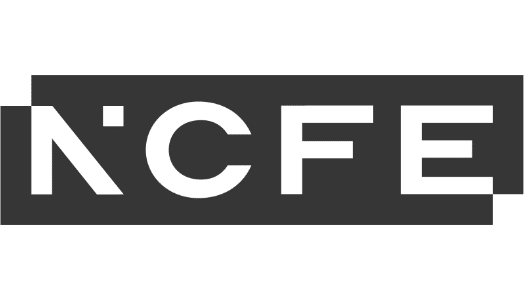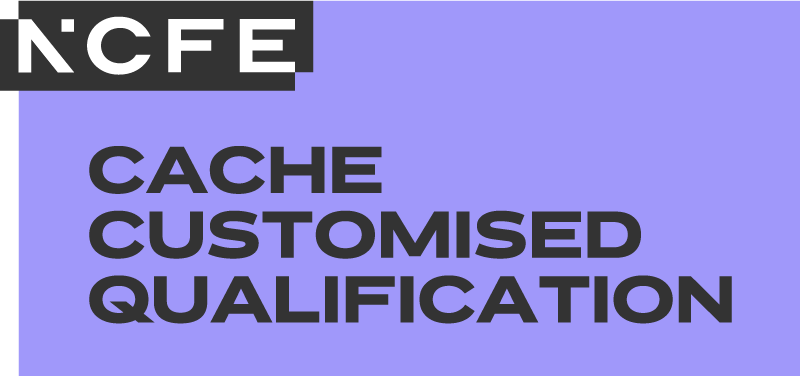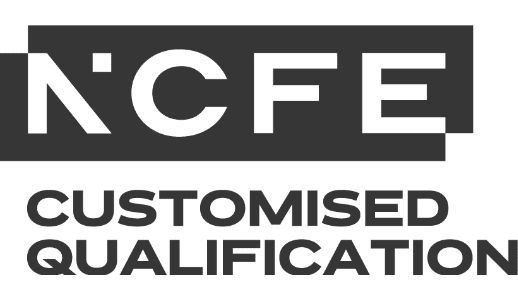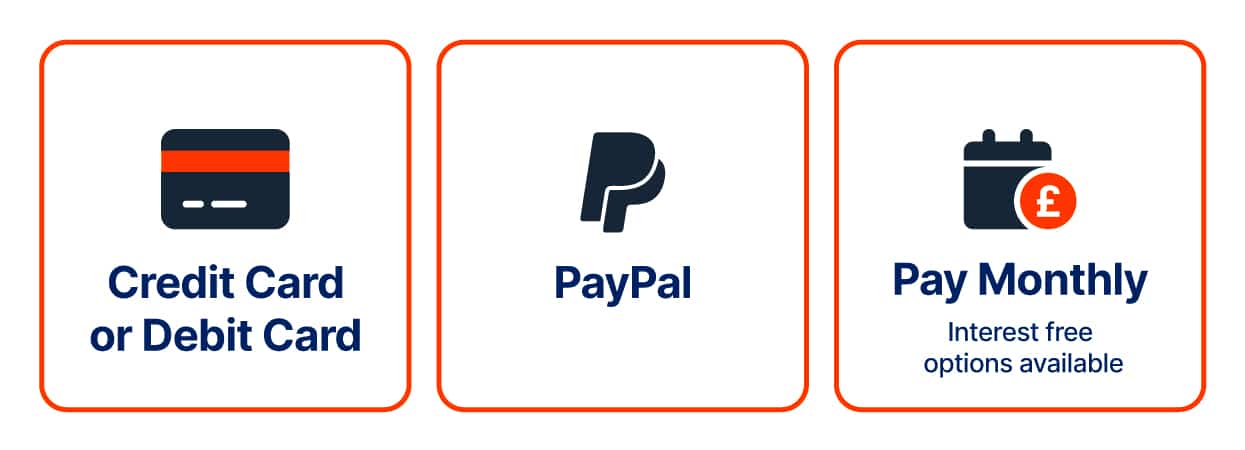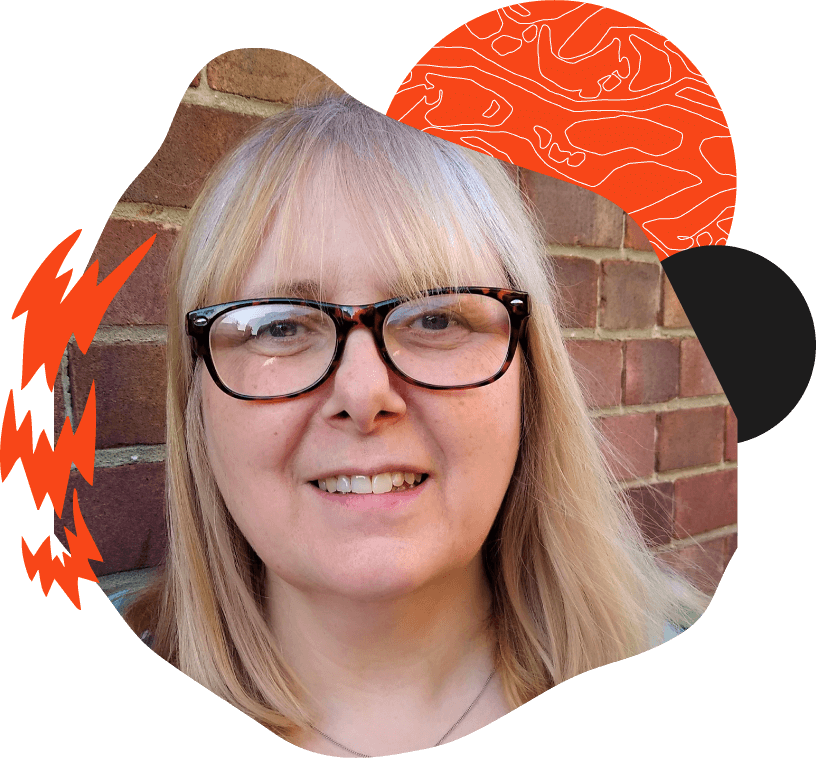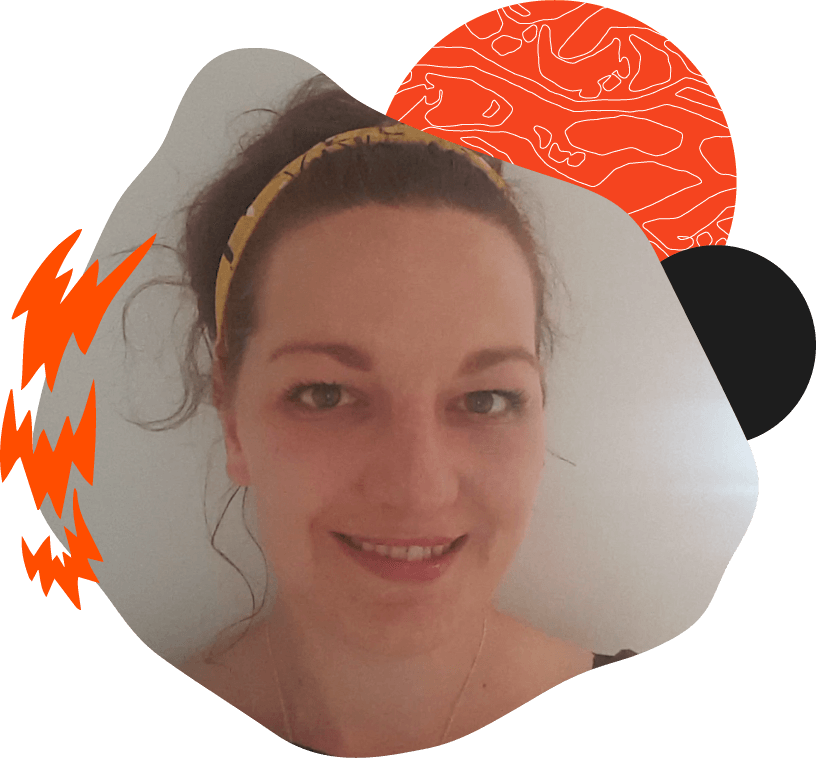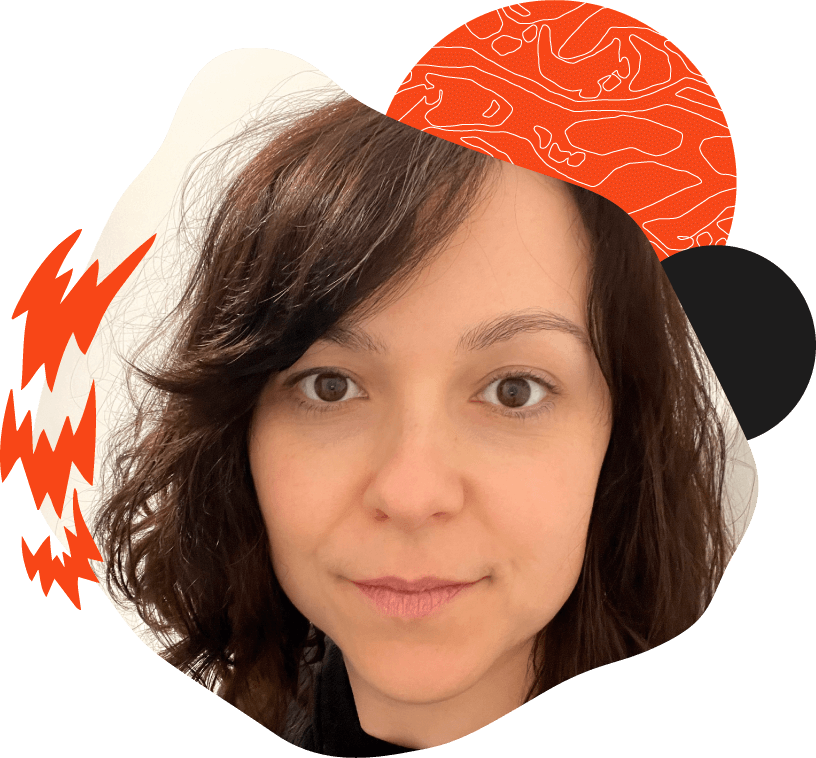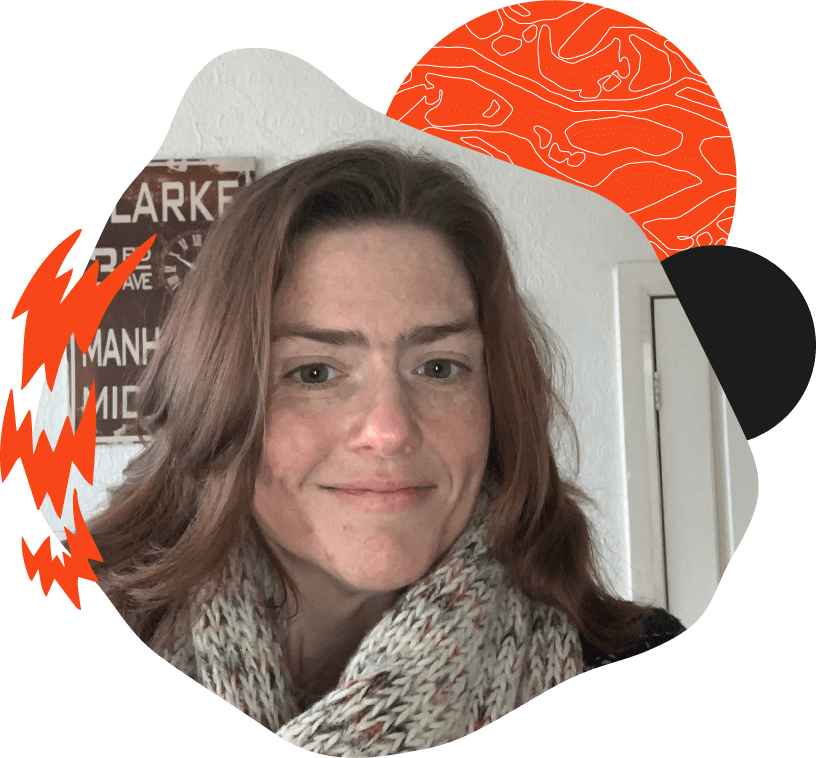Overview
Are you a budding author? Knowing how to write well will make the difference between a publishing deal and a manuscript that ends up on the ‘rejected’ pile. And it’s not just aspiring writers who could benefit from studying creative writing; understanding how to express yourself in a thoughtful and engaging way is essential for a wide variety of professions in which communication is key, such as marketing, public relations, journalism, teaching, and more!
In this course, you’ll learn exactly what elements go into brilliant creative writing, exploring different types of texts and genres such as autobiographies, prose fiction, travel writing, and short stories. You’ll delve into narrative voice and perspective, and examine excerpts from classic texts such as ‘Cider with Rosie’ by Laurie Lee and ‘I Know Why the Caged Bird Sings’ by Maya Angelou.
You’ll complete assignments which, with your tutor’s feedback, will hone and perfect your writing style, and round off the course by unleashing your creativity by composing your own extended piece of writing in a genre of your choice, which your tutor will extensively assess and critique. Want to get your book ready for the publishers? Your journey starts here!
What you'll learn
In this unit, you’ll cover the definition of relevant words you’ll encounter throughout the course, as well as the main things you must consider before beginning any piece of creative writing. You’ll also examine the process of editing, proofreading, and how to avoid plagiarism.
In the second unit, you’ll discover how to use a reading log to record your responses to various texts, and a notebook for writing down anything that might inspire you.
Next, you’ll study the difference between biography and autobiography writing, and study a variety of text excerpts whilst asking key questions about each.
In unit four, you’ll cover the ‘review’ as a form of prose non-fiction. You’ll learn about the purpose of a review, and examine an example from The Guardian newspaper, studying the writer’s use of metaphors, abstract nouns, and other aspects of language choice. As a learning activity, you’ll find your own review, and compare it in content and style to The Guardian’s example.
Moving on, you’ll study travel writing, examining excerpts from two texts: ‘Notes from a Small Island’ by Bill Bryson, and ‘Full Circle’ by Michael Palin. As you do, you’ll make notes in your reading log, to prepare for this unit’s assignment – producing an extended piece of travel writing.
In the sixth unit, you’ll move on to fiction, examining narrative voice and structure, perspective, and plot. You’ll also study the ways in which settings, characters, and dialogue can be constructed effectively to tell a story, and consider sub-genres in prose fiction.
Next, you’ll examine extracts from the classics ‘Stone Trees’ by Jane Gardam, and ‘The Train to Walthamstow’ by Patrick Wilmot, and consider ways in which you can generate ideas for your own short story before getting to work on a 750-1000 word piece
In unit eight, you’ll start to think of some of the most effective ways to begin a novel, before gaining some inspiration by reading excerpts from novels by authors Ian McEwan, Marina Lewycka, and Italo Calvino. In your assignment, you’ll construct the opening to your own novel, providing a clear structure and rationale for your content.
This unit will provide an introduction to script-writing, and the basics you’ll need to create your own dramatic masterpiece. You’ll also examine an extract from Tennesse Williams’ ‘The Glass Menagerie’, to explore how the characters interact with one another, how the scene is set, and how the stage directions add to the narrative. For your assignment, you’ll create a script for a drama lasting at least two minutes.
Final Assignment: writing an extended piece.
Extra info
Awarding Body
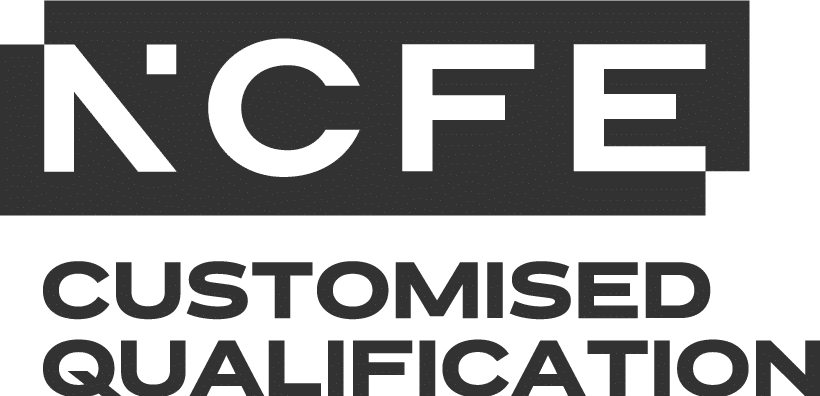
With a heritage stretching back over 150 years, NCFE is one of the largest awarding bodies in the UK. Over 340,000 students were awarded certification by NCFE last year.
NCFE Customised Qualifications are bespoke, unregulated qualifications developed to meet the specific needs of learners. These courses fit in where there are no other regulated qualifications are available. Meaning you can achieve recognition from a well-respected awarding body, even if there isn’t a pre-existing qualification in a certain subject area.
Endorsed by
Course Outcome
At the end of this Creative Writing course, successful learners will be awarded a formal certificate of achievement and a Customised Qualification from NCFE. You can read more about NCFE.
How is this course assessed or examined?
Each unit is followed by a written Tutor Marked Assignment (TMA), which is submitted and then marked by your tutor. You will not be required to take an external exam.
Entry requirements
There are no formal entry requirements for this course; however, it is recommended that you have an intermediate ability to read and write English.

